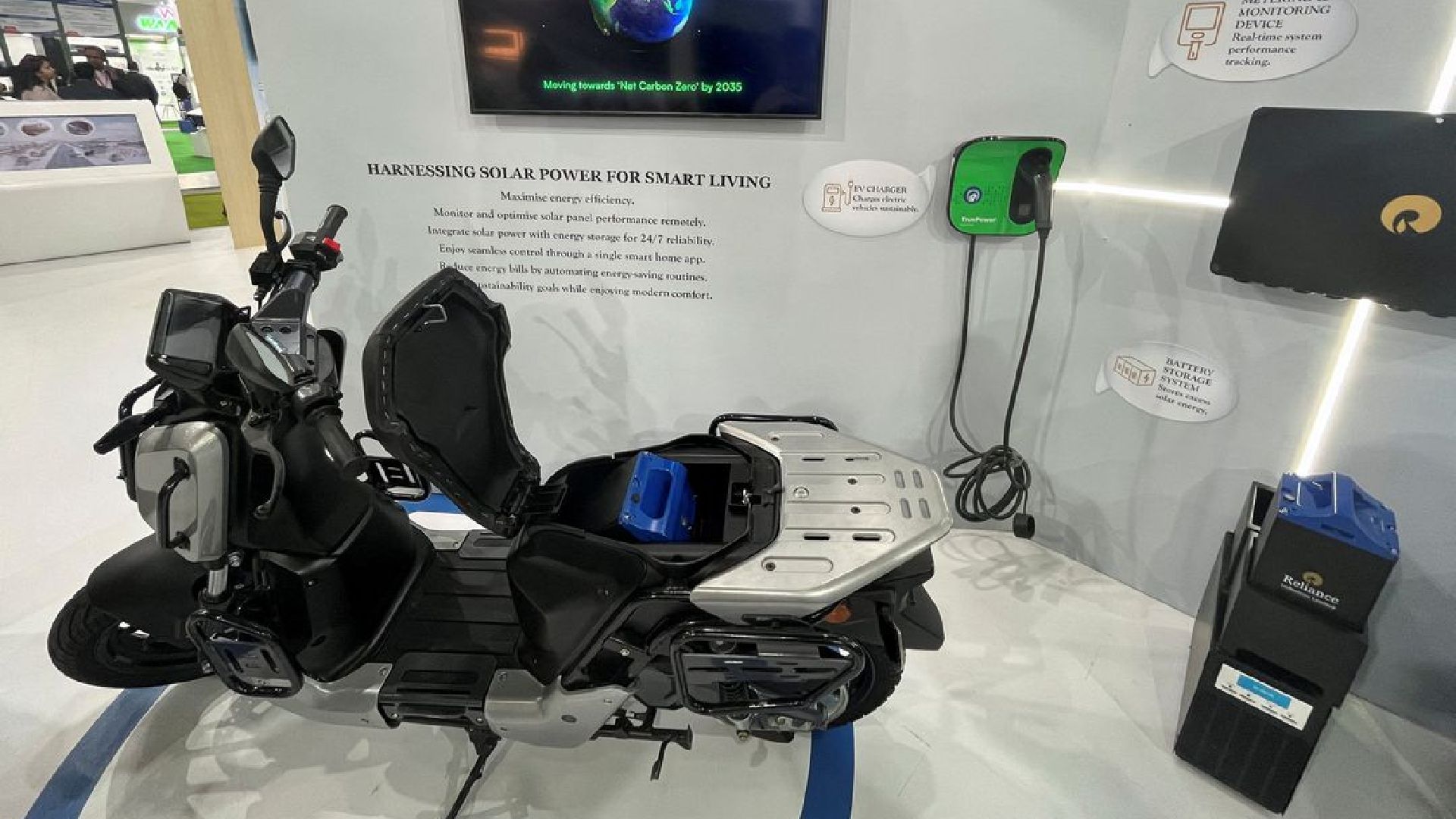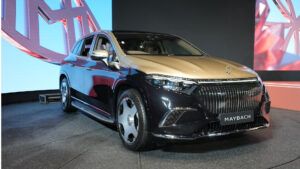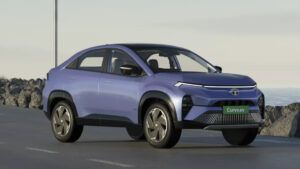The overall electric vehicle (EV) market is flourishing, and India is no special case. Organizations are enhancing to address the developing requirement for economical transportation arrangements. Reliance Industries’ innovation of swappable, multipurpose batteries for electric vehicles has provoked the business’ curiosity. This weighty advancement can possibly address the absolute, most earnest issues facing the EV market today.
Reliance Industries showcased removable and swappable batteries that can serve dual purposes. In addition to the fact that these batteries power electric vehicles, they can likewise be utilized to run home devices through an inverter. The thought is to offer a flexible energy arrangement that can be utilized for both versatility and domestic necessities.
As reported by Reuters, the batteries can be easily swapped at Reliance’s battery swap stations or recharged at home using rooftop solar panels. While the company has not specified when these batteries will be available for purchase, it plans to sell rooftop solar panels as part of the package.
This development is part of Reliance’s broader $10 billion green initiative aimed at clean energy projects. The company is committed to becoming net zero carbon by 2035 and is shifting its focus from its core oil-to-chemical business to more sustainable alternatives.
Reliance acquired two battery companies, UK-based Faradion and Lithium Werks, for about $200 million in 2021 and 2022, respectively. The company also showcased LFP chemistry-based batteries at a recent renewable energy exhibition. Although Reliance does not plan to manufacture EVs, it intends to collaborate with existing EV makers by supplying the underlying batteries.
Last year, Reliance won an incentive to establish a 5-gigawatt hours (GWh) battery manufacturing facility under India’s $2.4 billion program to boost local battery cell production. The factory, set to be operational by 2026, will produce batteries and containerized energy storage solutions.
Clean auto technology is central to India’s strategy for reducing pollution and achieving broader climate goals. The public authority is empowering the utilization of swappable batteries to bring down costs and advance the more extensive reception of EVs, which right now make up just a small part of all-out vehicle deals in India.
Reliance Enterprises’ transition to present swappable and multipurpose batteries is a distinct advantage in the domain of EV manageability. By offering a versatile, cost-effective, and sustainable energy solution, the company is not only advancing its own green initiatives but also contributing to India’s broader climate goals.








